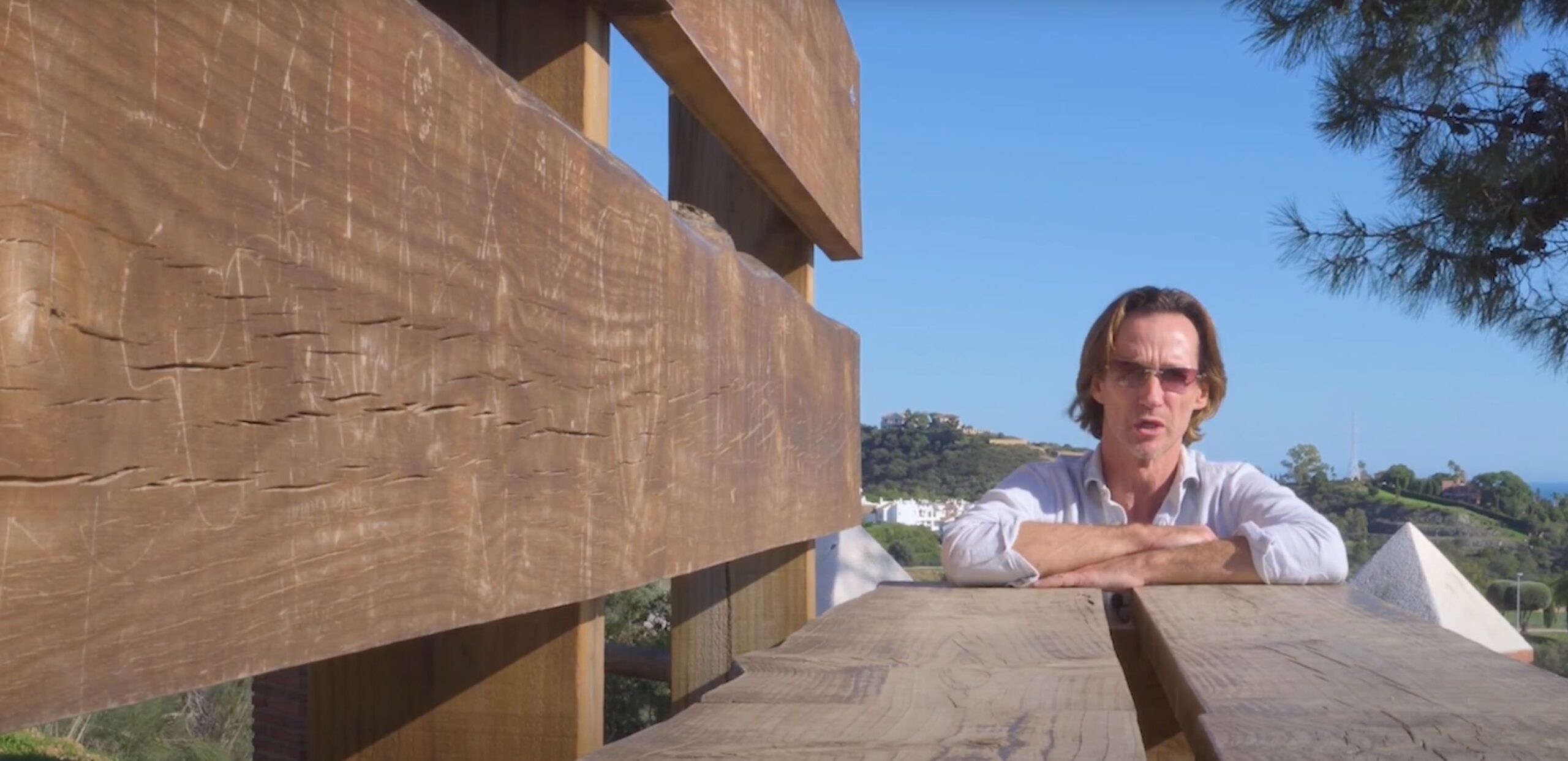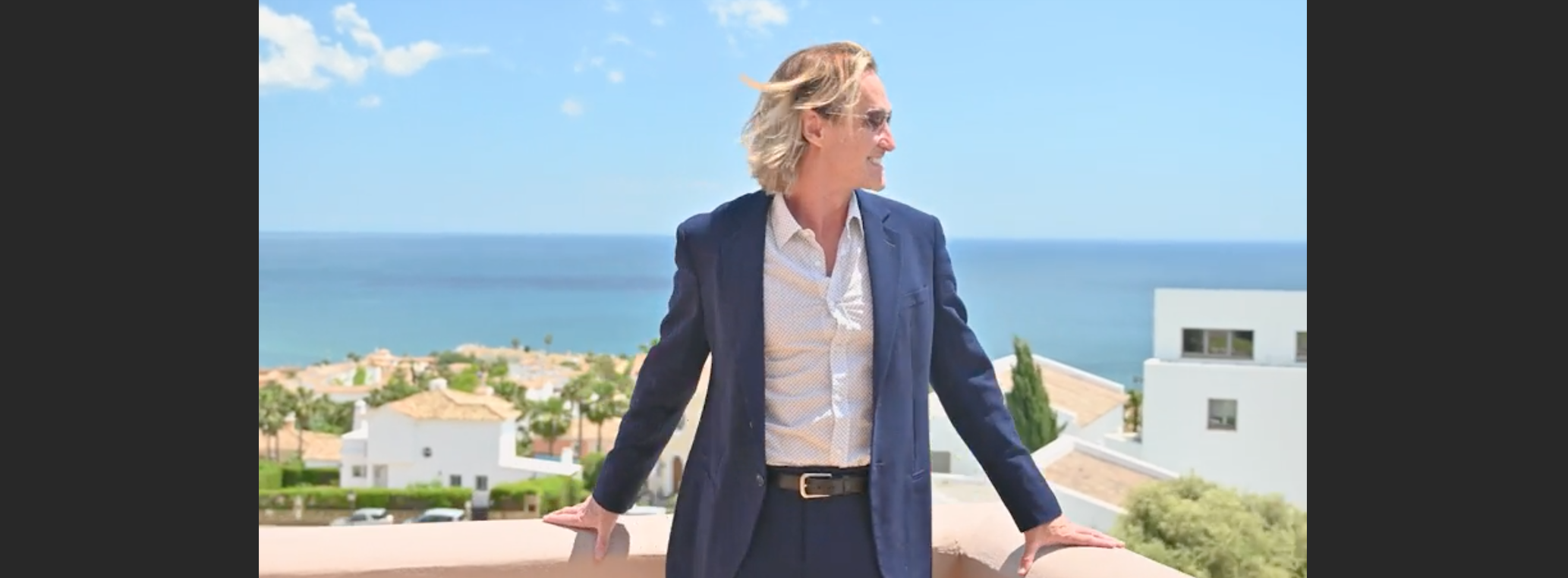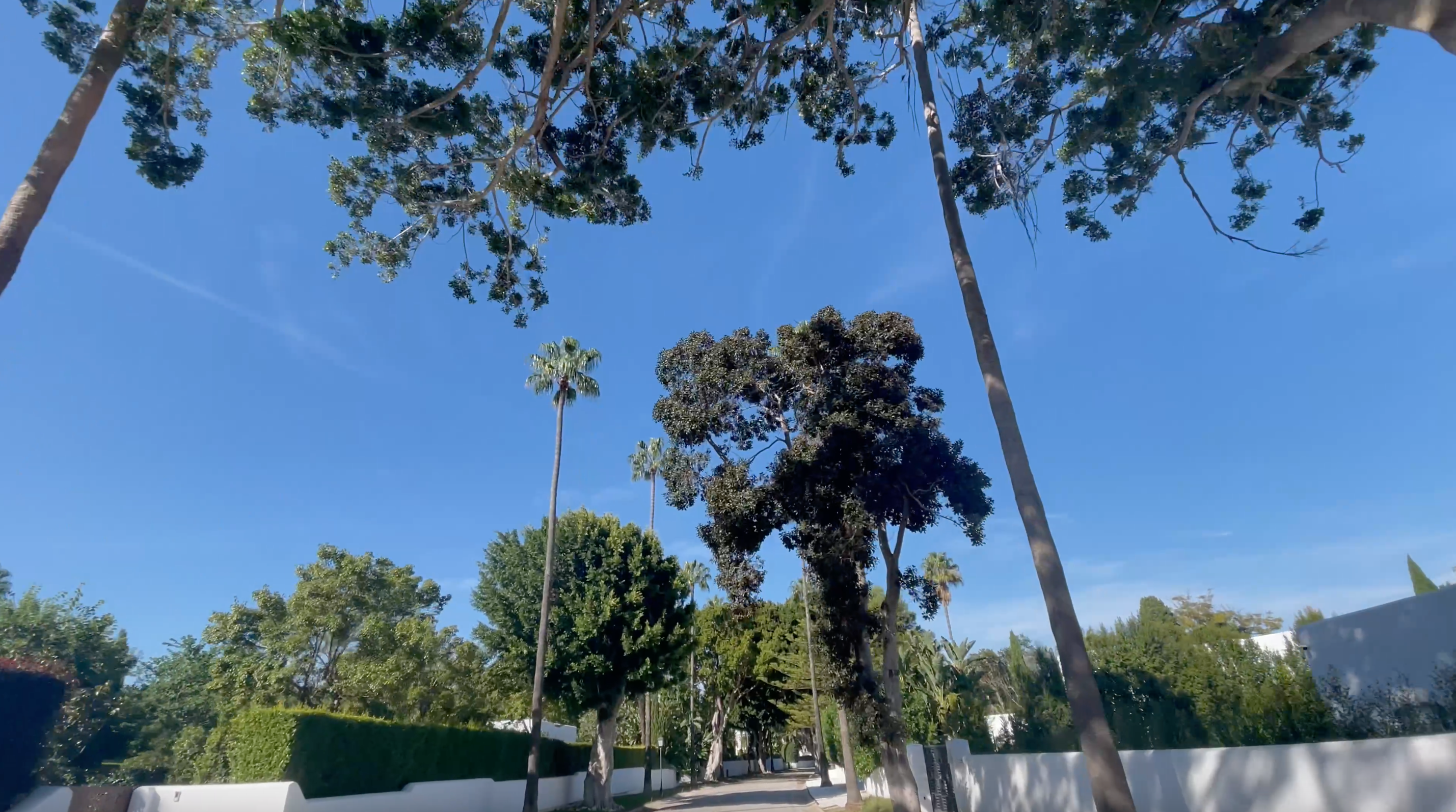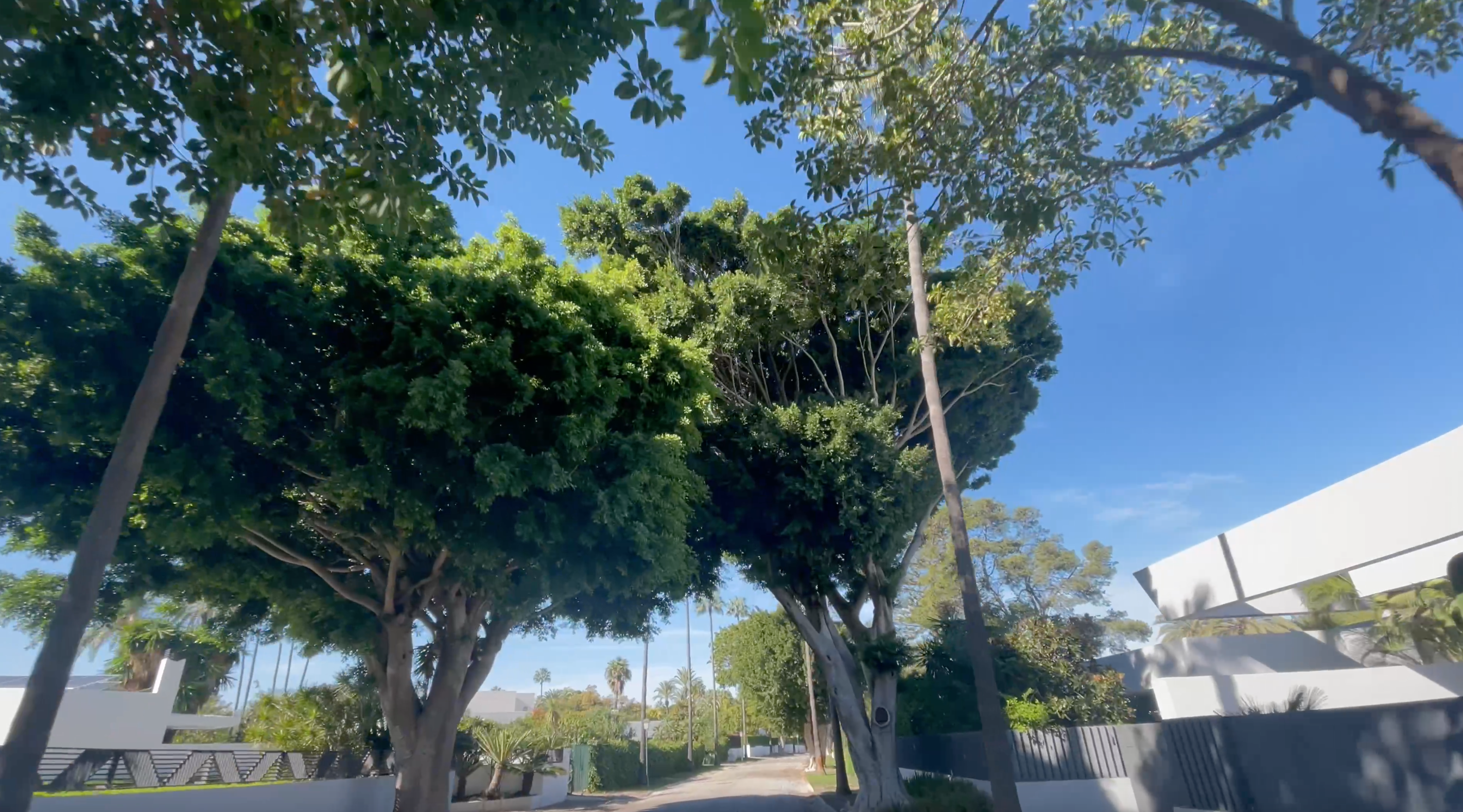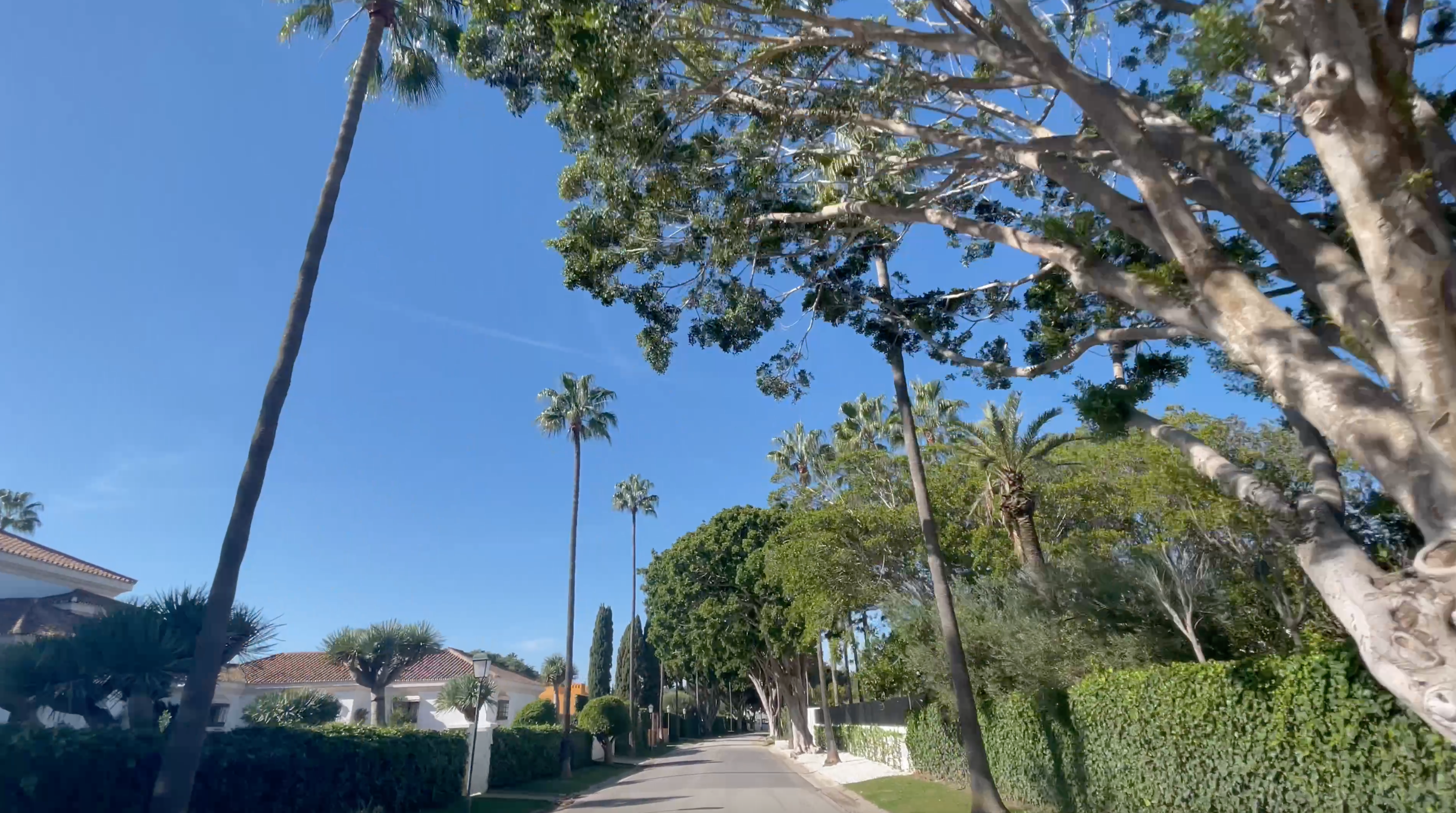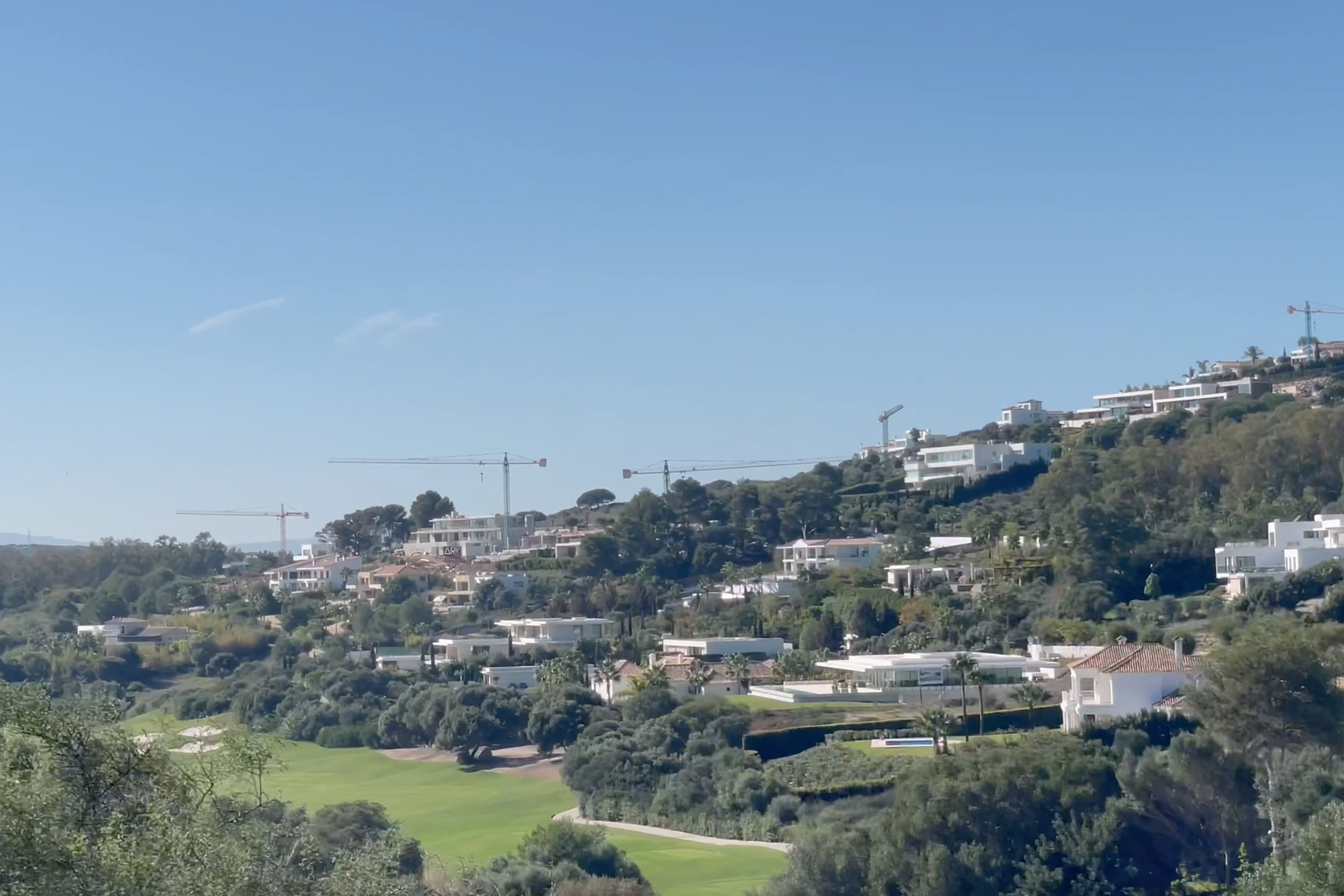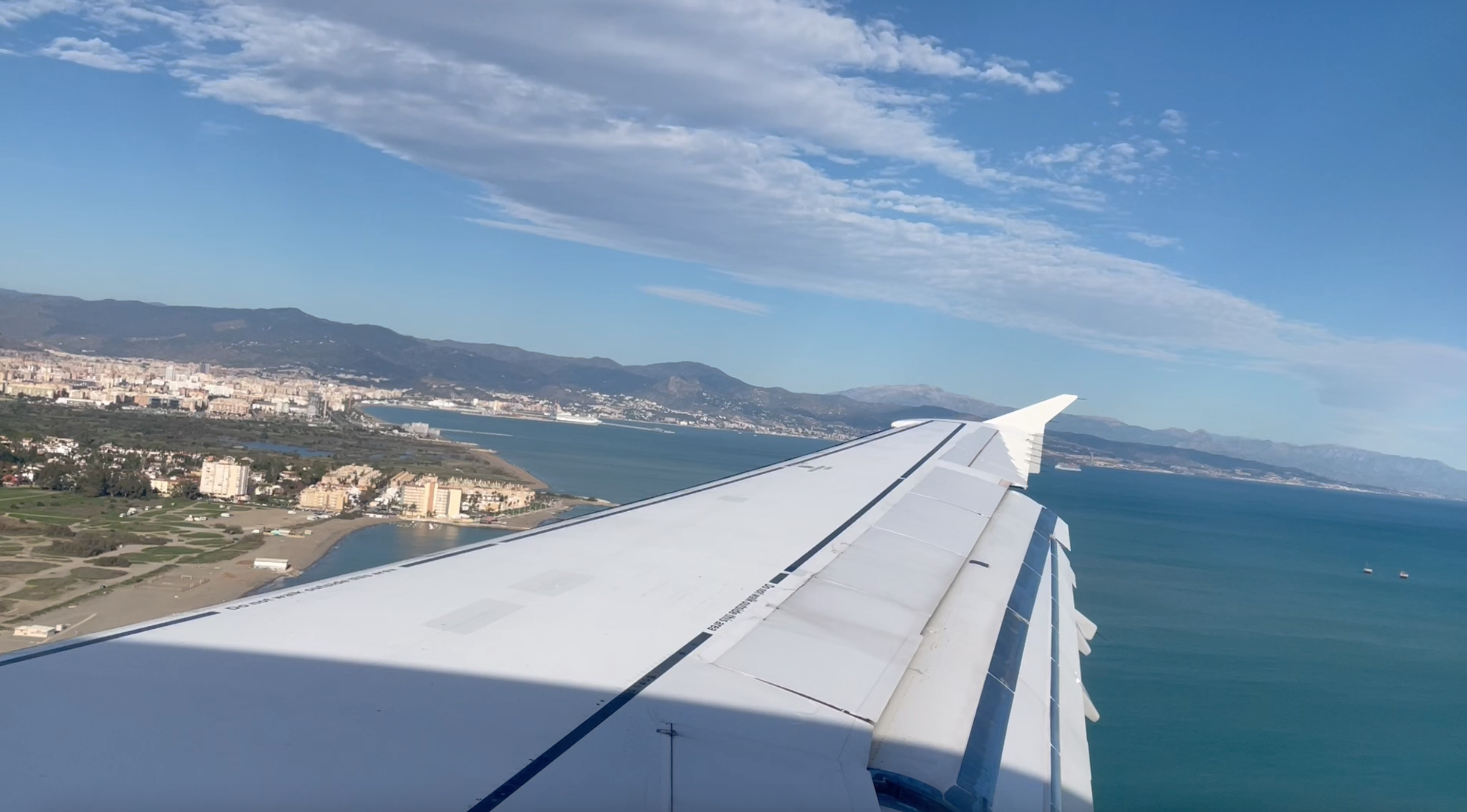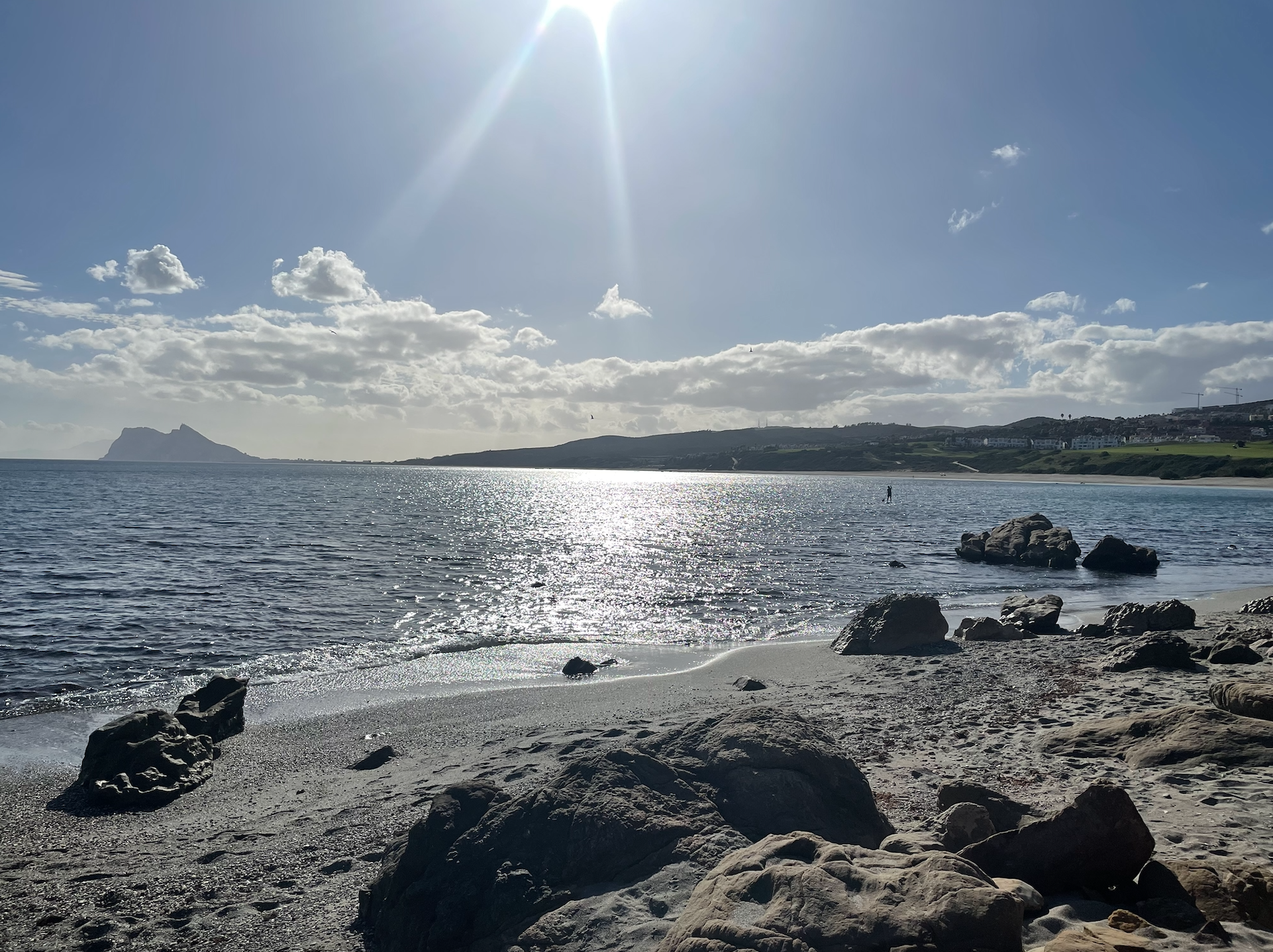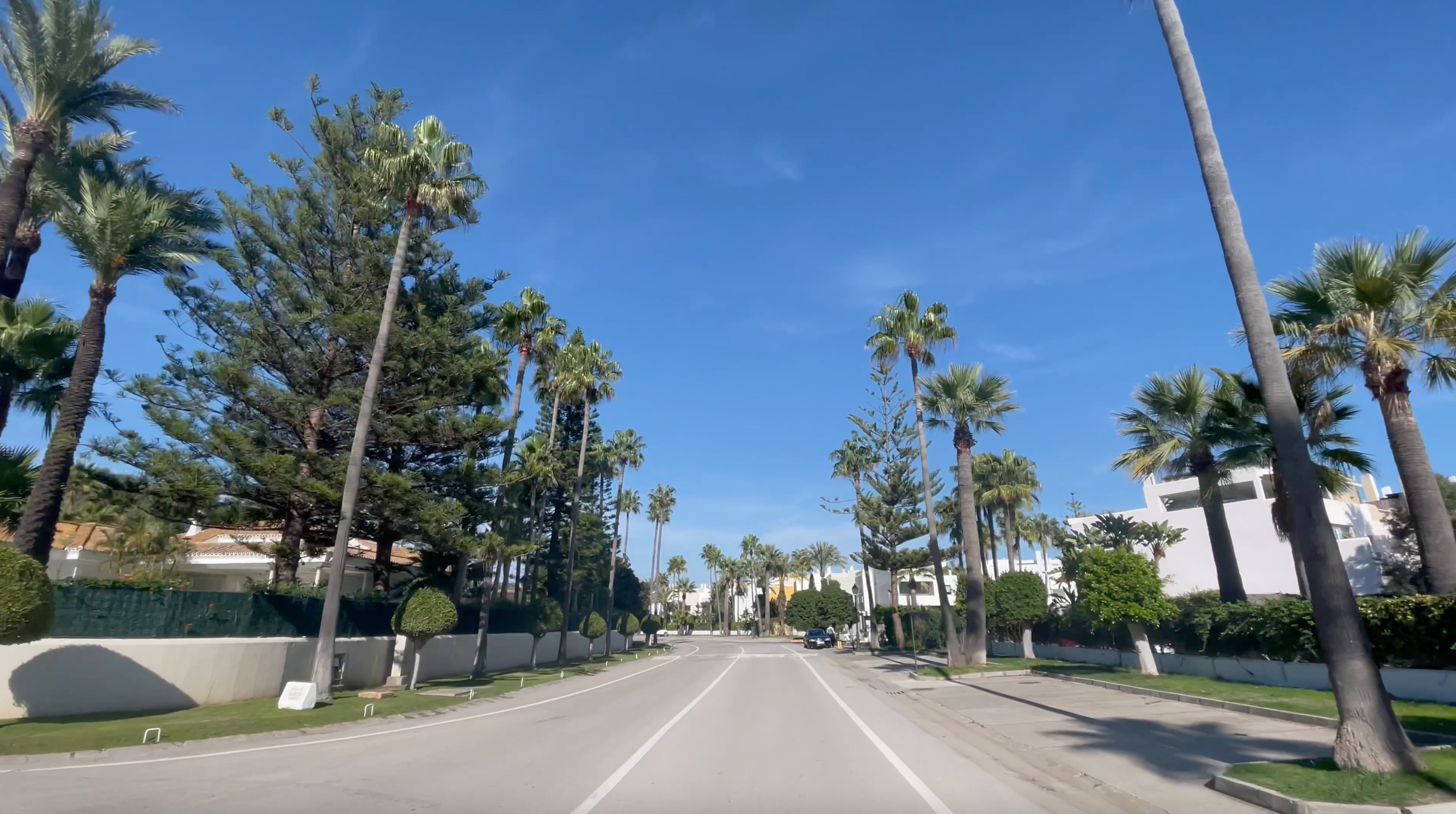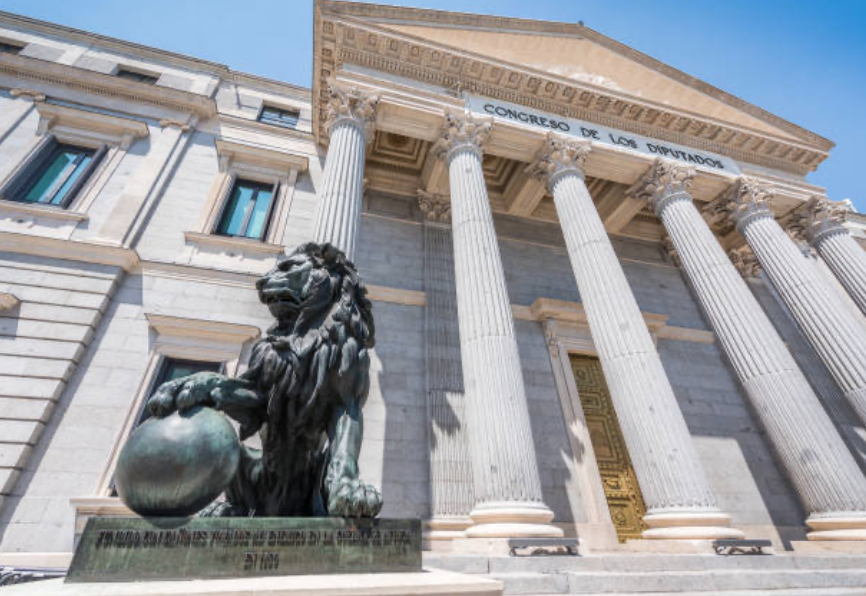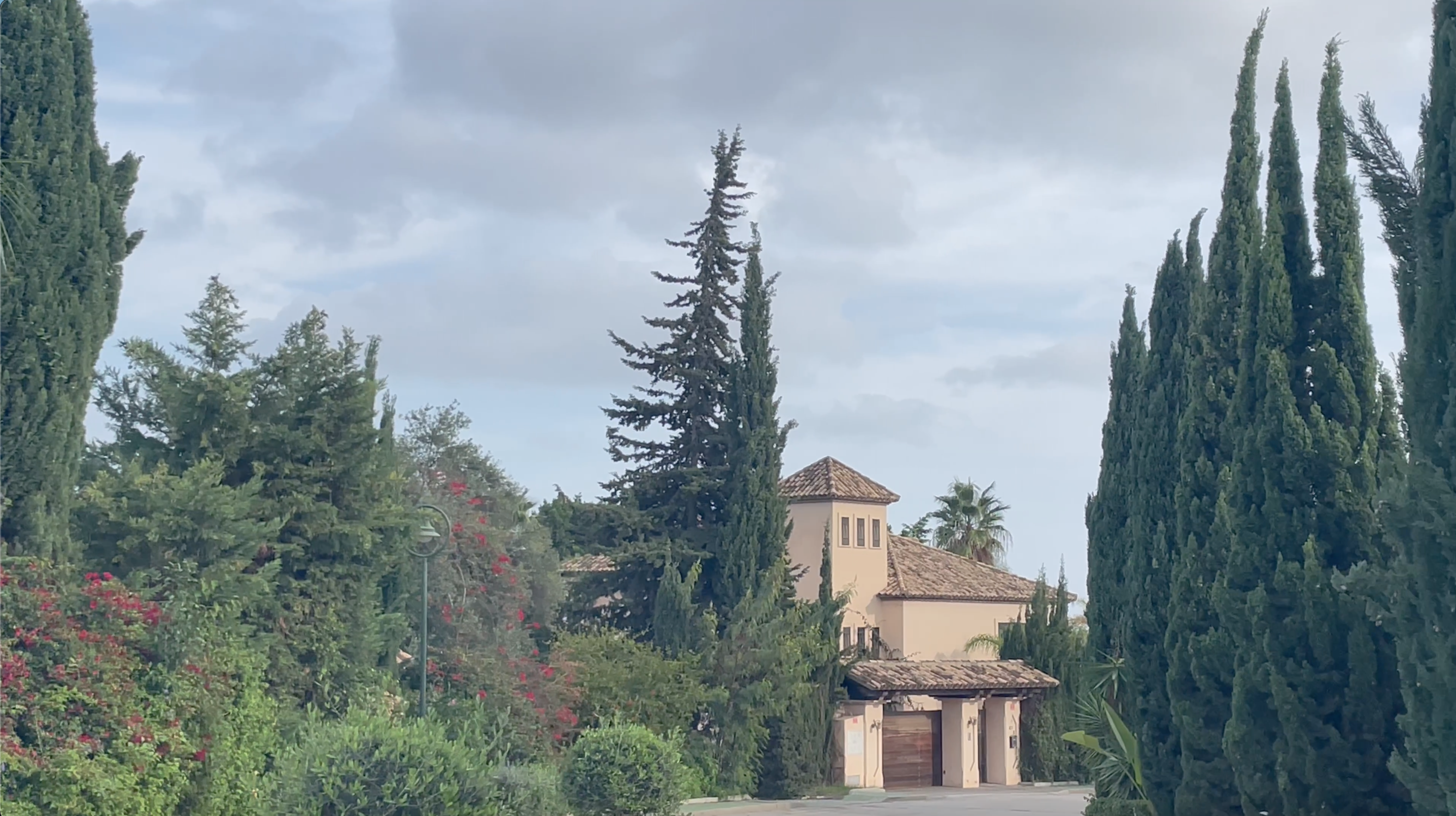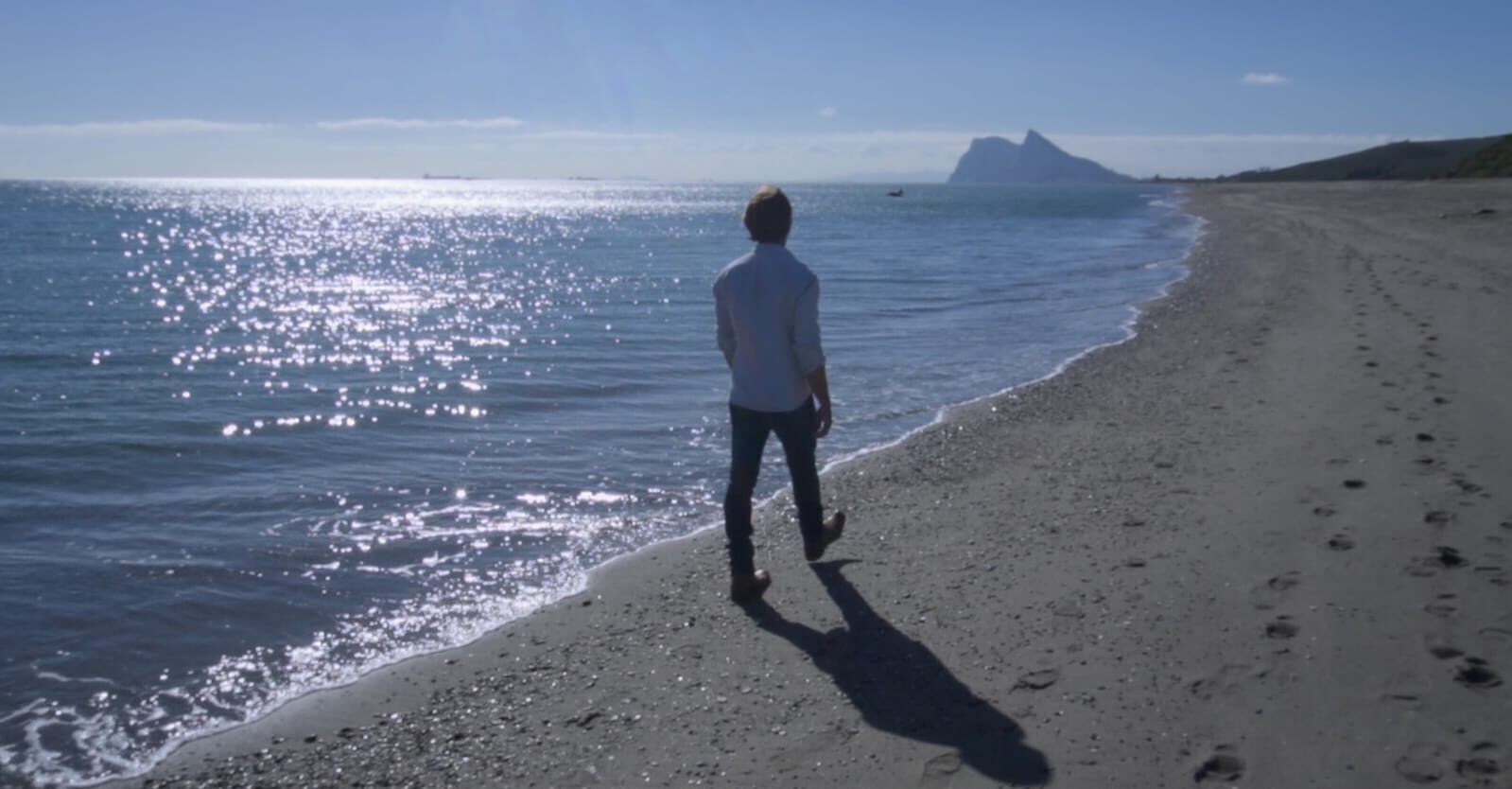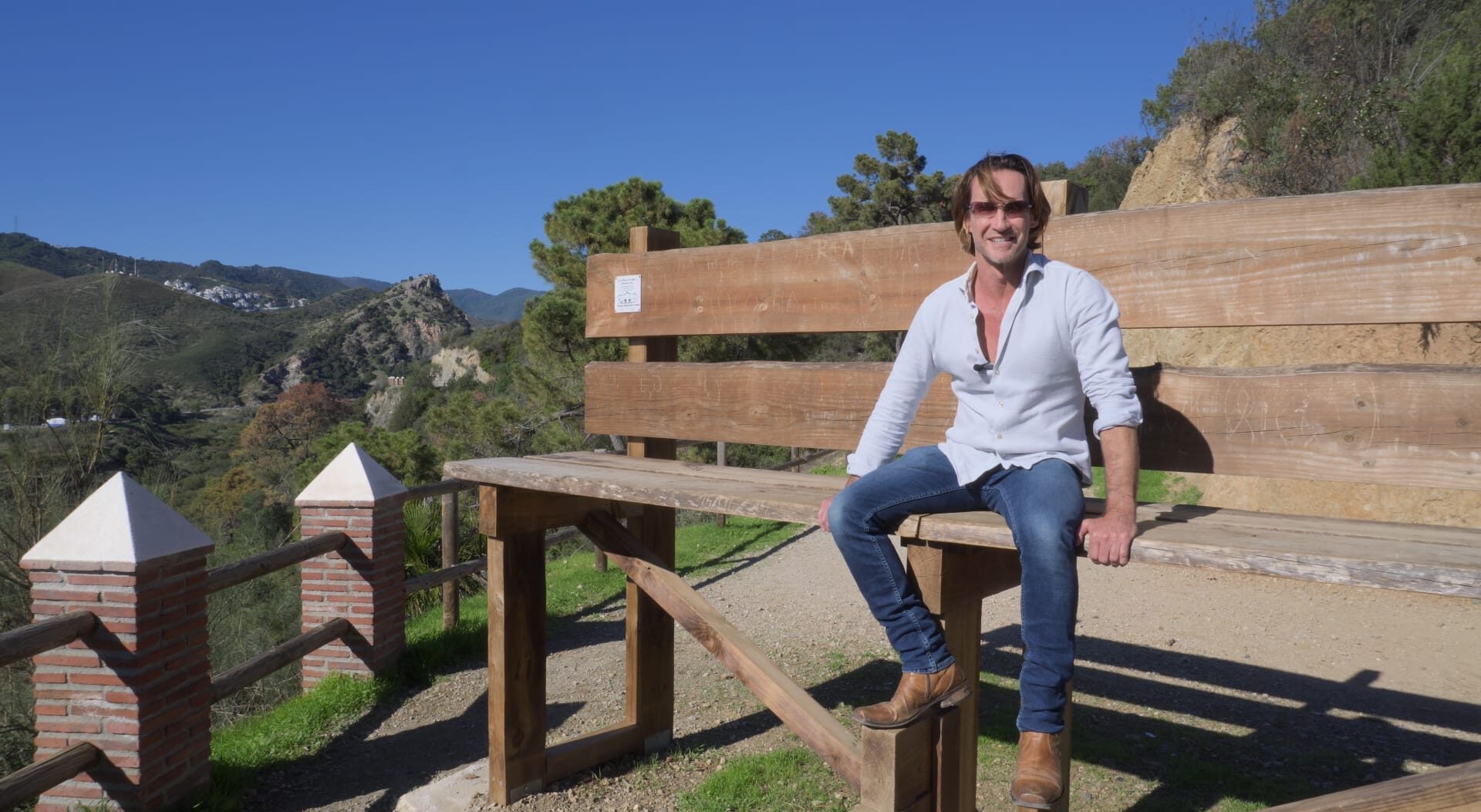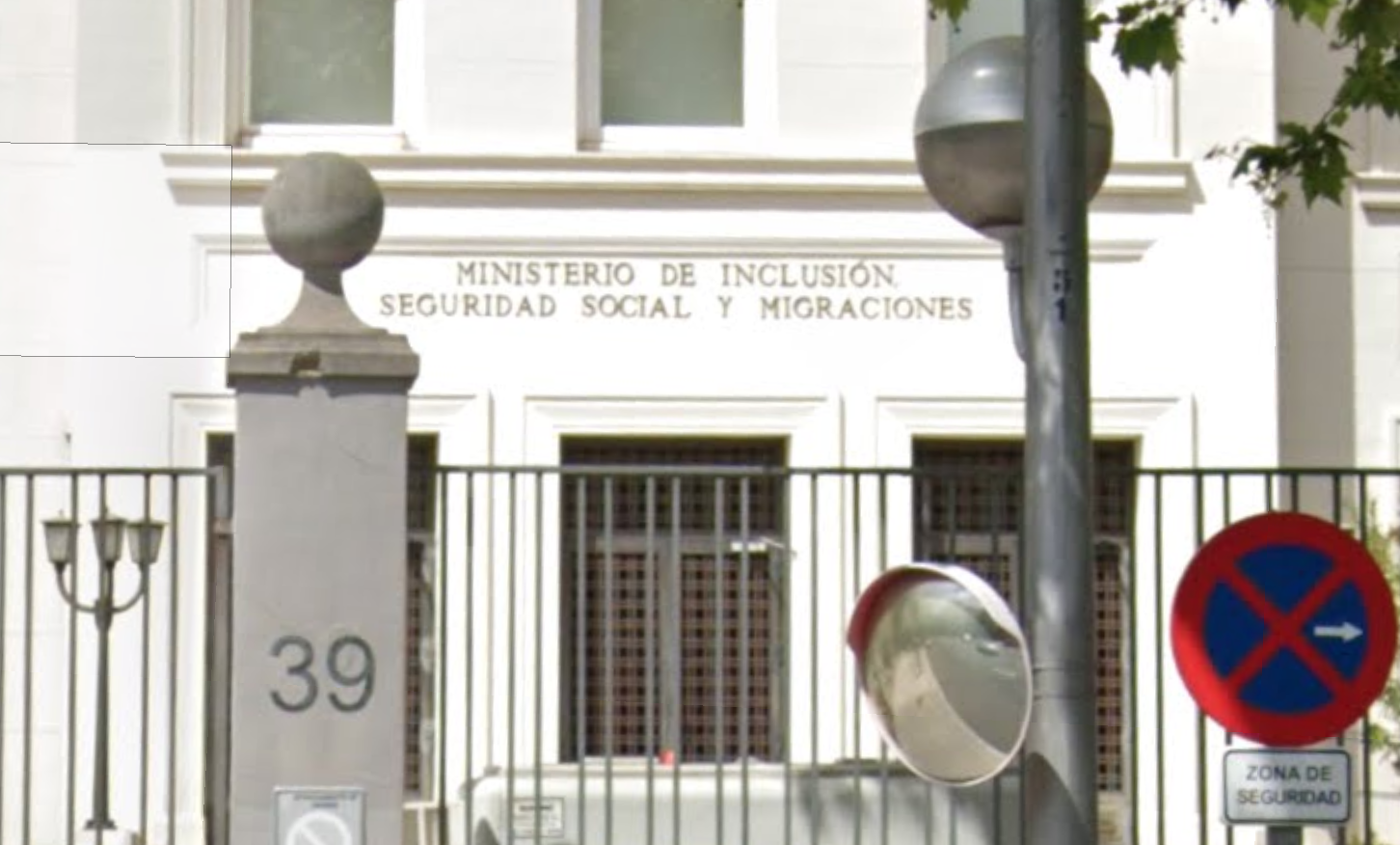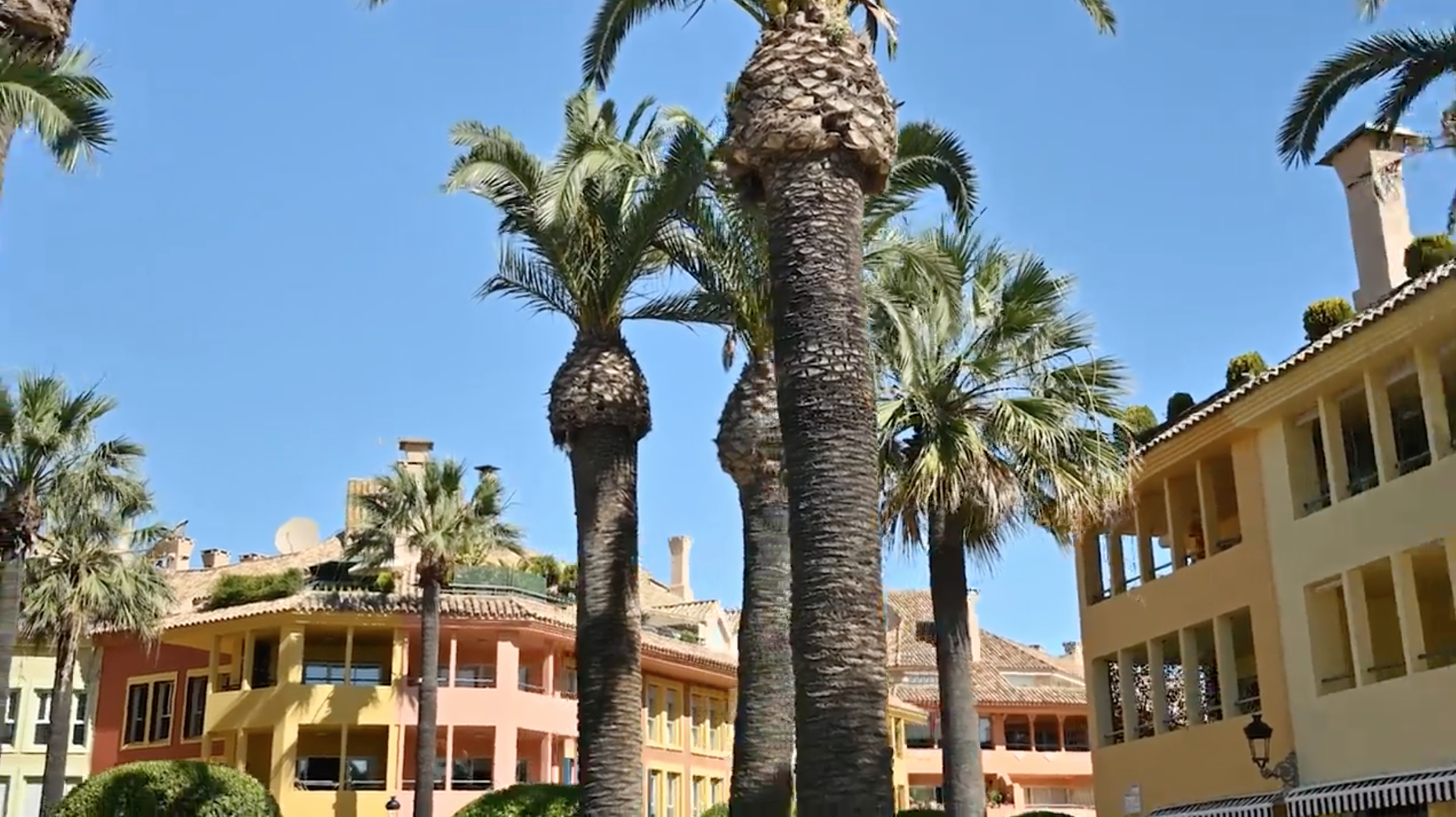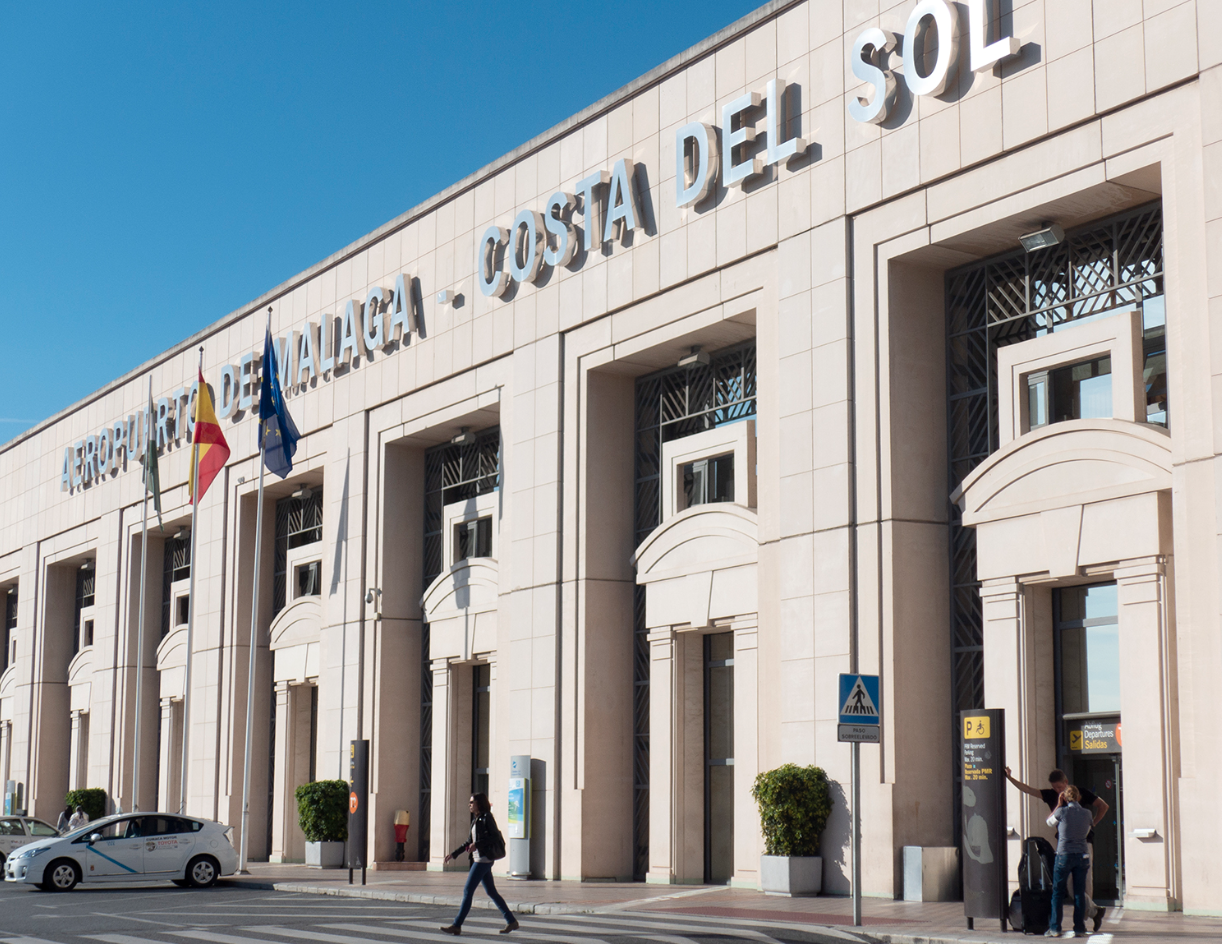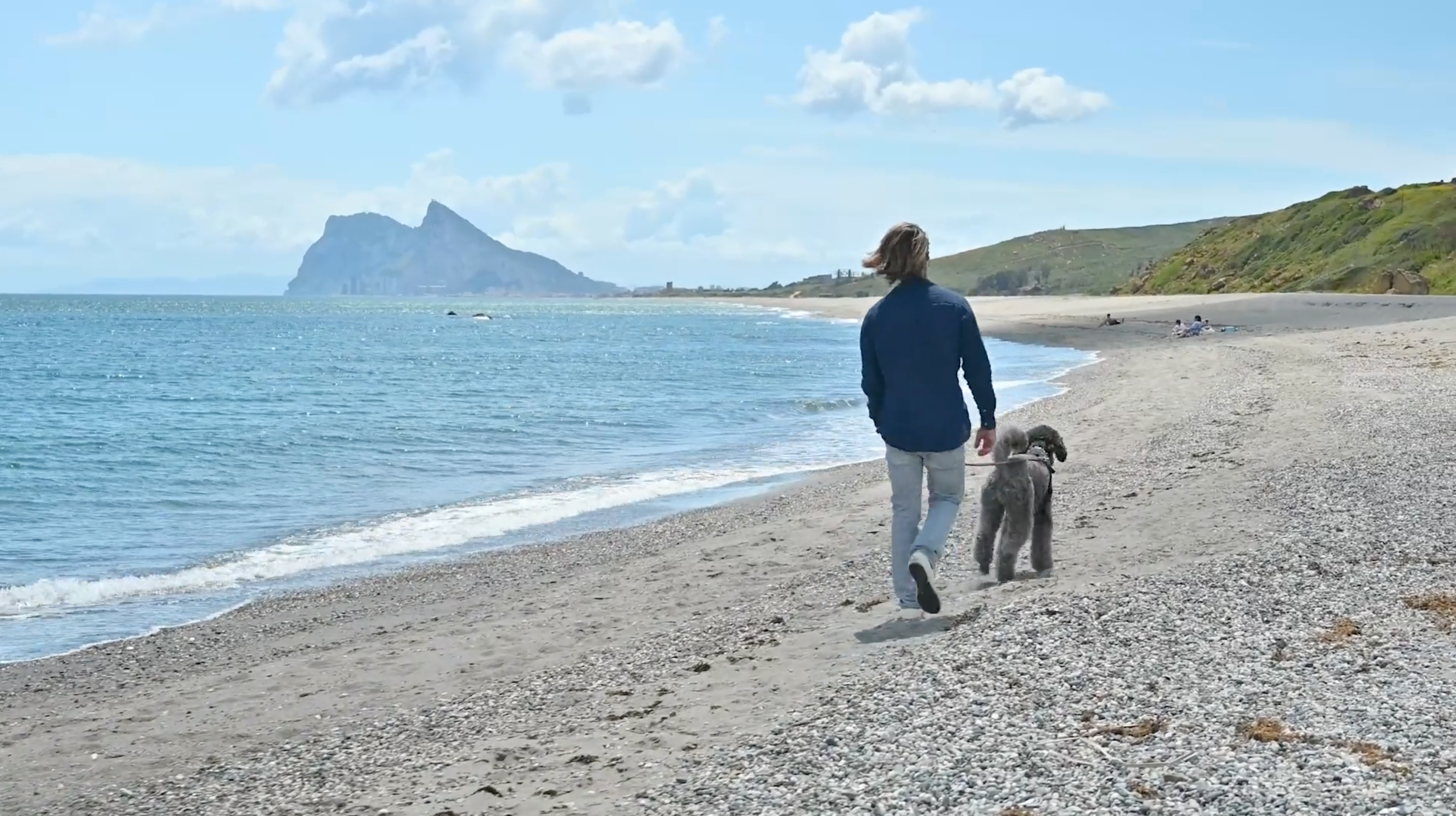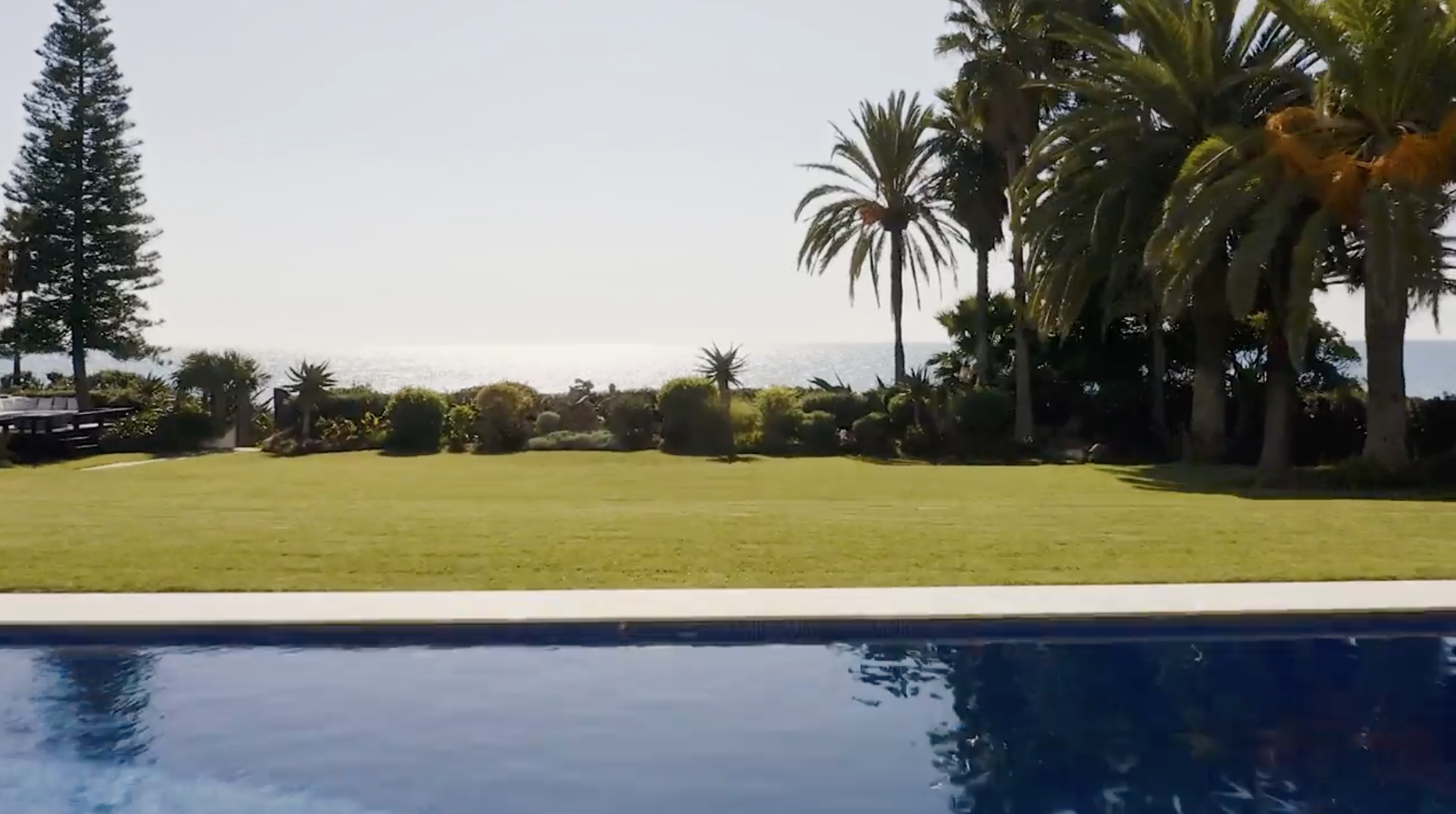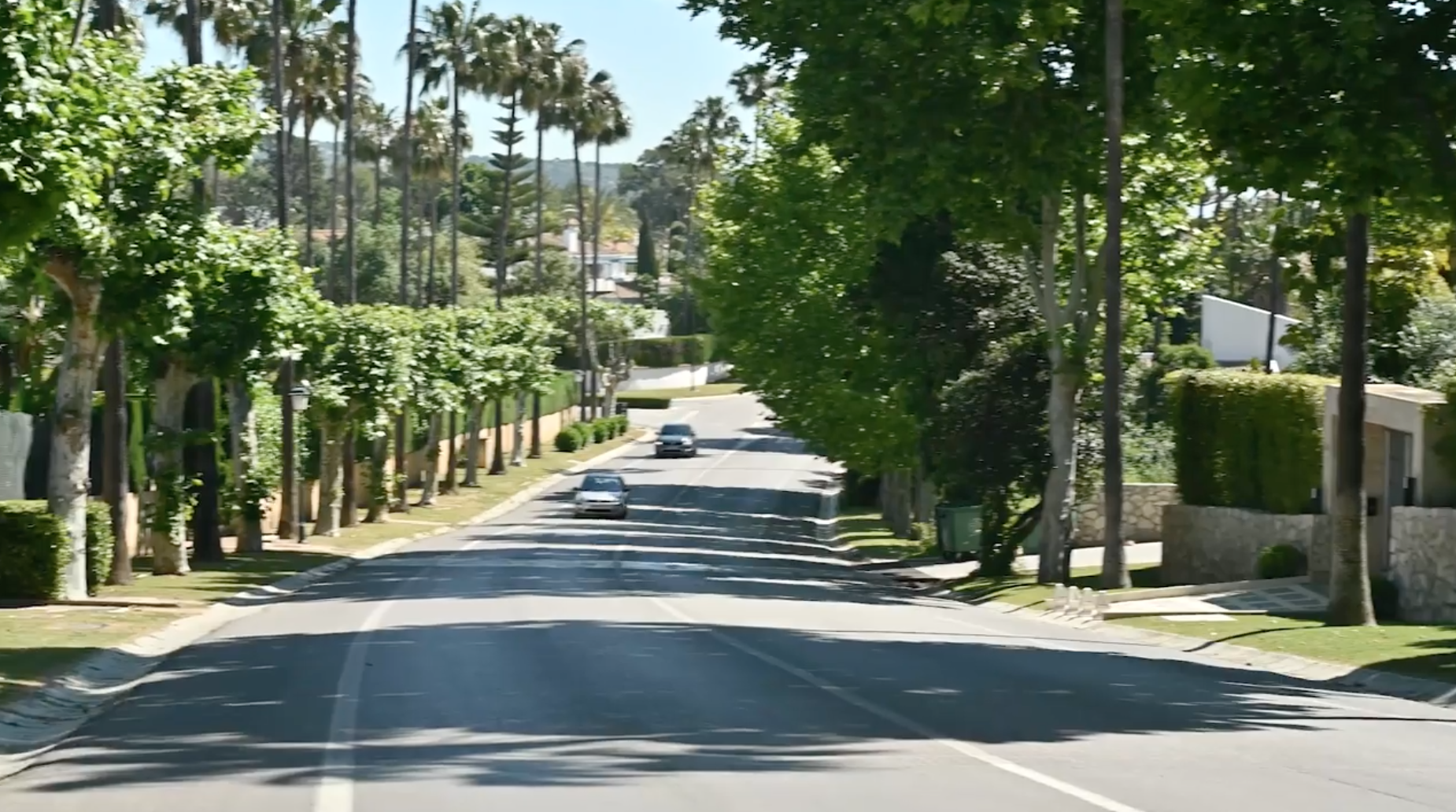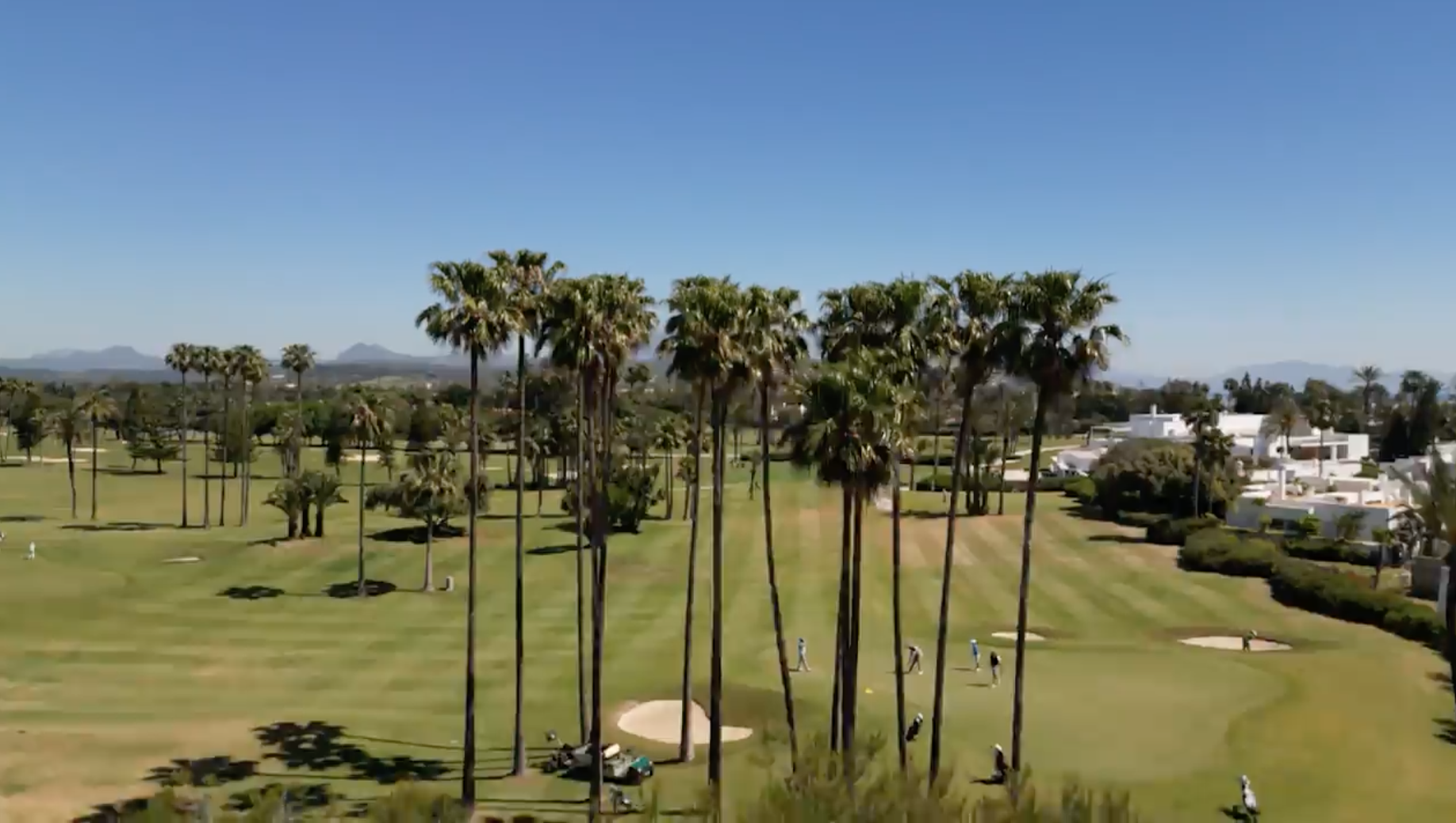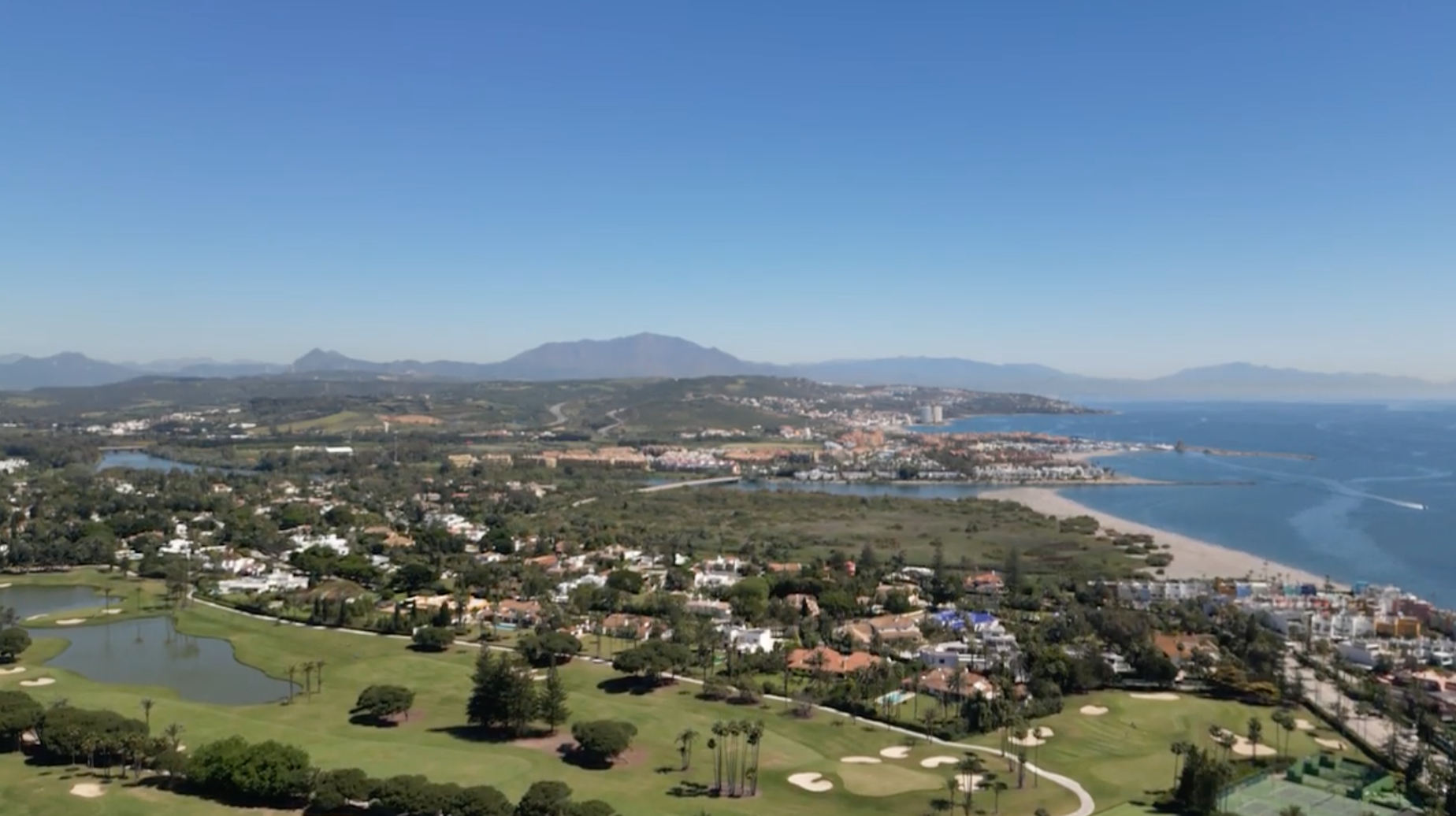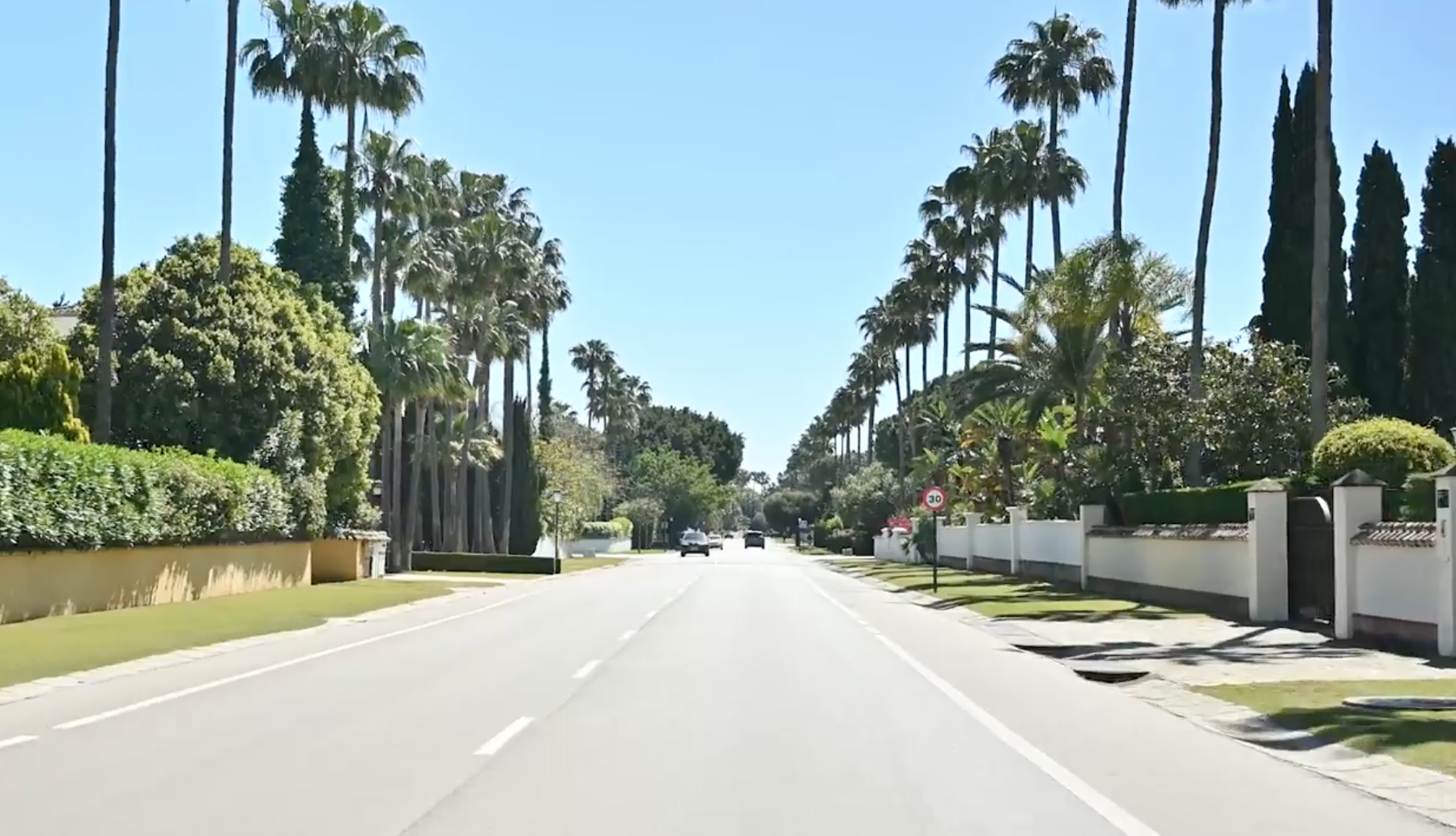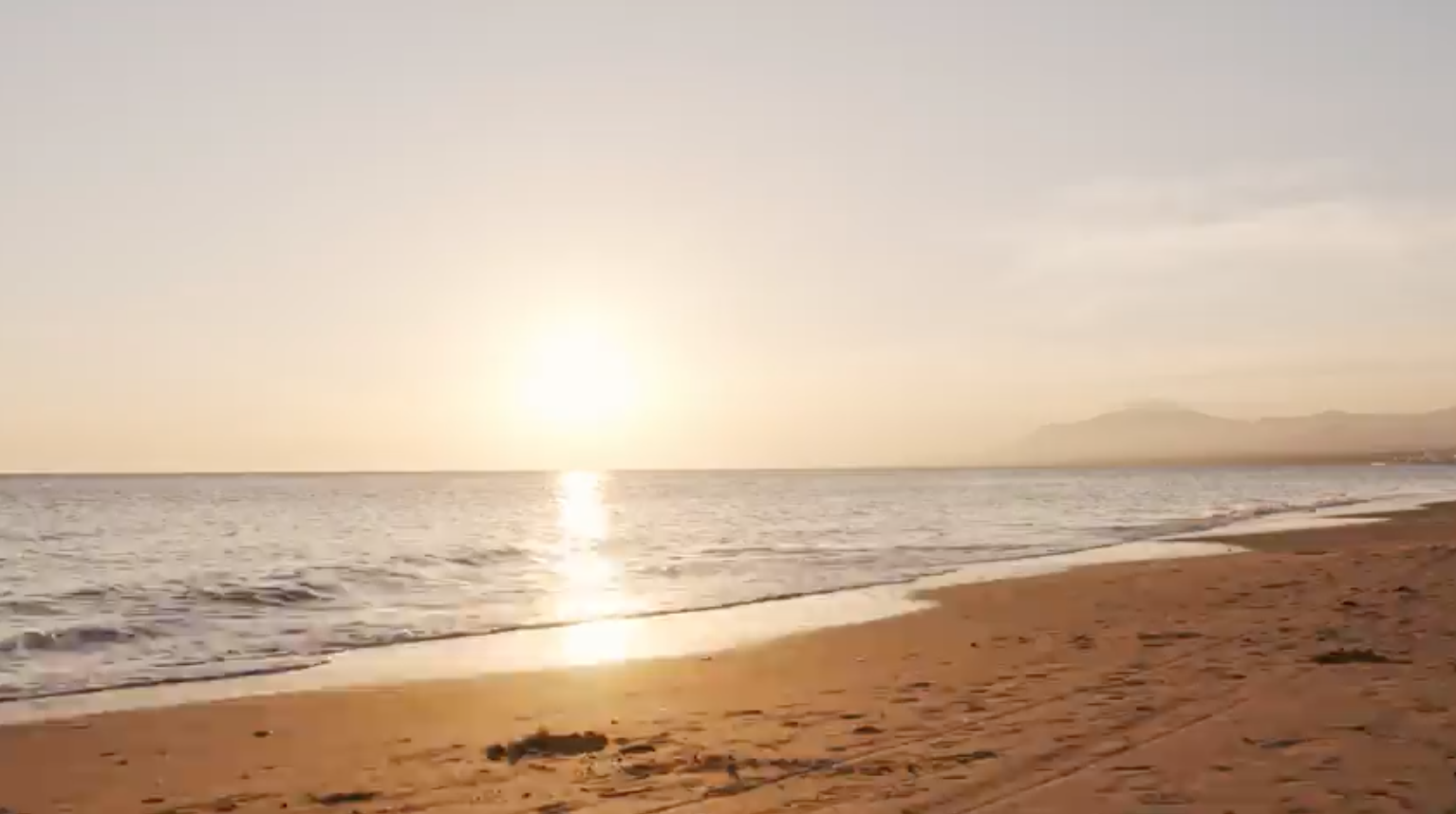A Quick Guide to Buying Property in Spain for American Buyers
Buying real estate can be exciting, and with the right guidance, it can be smooth and straightforward. You may find some things in Spain to be quite similar to what you are used to while some details may differ. Here’s an overview of what to expect:
Making an Offer and Paying the Reservation Deposit
Once you’ve found the perfect property, the first step is to make an offer. In Spain, initial negotiations are usually informal, with offers and counteroffers exchanged verbally via the real estate agents.
When the oral offer is accepted, it’s formalized in writing through a reserva (reservation agreement), which typically puts the property on hold for 30 days. At this point, a deposit of around €6,000 to €10,000 is paid.
This deposit is generally non-refundable, but certain conditions—such as mortgage approval, legal issues, or significant defects found during inspections—can allow for a refund. These conditions should be clearly stated in the reserva contract. From this point, it’s essential to have a Spanish lawyer who will represent your interests and guide you through the process.
Due Diligence and Legal Checks
During the reservation period, your lawyer will conduct due diligence, which includes verifying the property’s legal status, ensuring there are no debts, and checking that everything complies with local regulations. This is also when you may finalize financing and conduct any property inspections.
Signing the Purchase Contract
Once the due diligence is complete, the contrato de compraventa (purchase contract) is signed. At this stage, you’ll typically pay 10% of the purchase price, minus the reservation deposit. This contract legally binds both parties to proceed with the transaction.
Powers of Attorney
If you’re unable to be in Spain to sign documents in person, you can arrange a poder especial (power of attorney) to allow your lawyer to sign on your behalf. This is a useful option for international buyers, ensuring the process can continue without delays.
Completing the Purchase: The Notary’s Role
The final step involves signing the escritura de compraventa (the official purchase deed) in front of a notary.
U.S. buyers may be unfamiliar with the concept of a Spanish notary. Here’s how the roles of the notary and lawyer differ:
- Your Lawyer works on your behalf, conducting due diligence, reviewing contracts, and making sure your legal interests are protected throughout the process.
- The Notary is a neutral public official appointed by the government to ensure the transaction complies with Spanish law. Unlike a lawyer, the notary doesn’t represent either party but ensures that all legal documents are correct, taxes are paid, and the transfer of ownership is officially registered. In Spain, the notary plays a much more central role than in the U.S., where notaries mainly witness signatures.
How Long Does It Take?
From making an offer to completing the purchase, the process usually takes 6-8 weeks. The timeline can vary depending on factors like mortgage approval and any legal issues discovered during due diligence.
Total Costs
In addition to the purchase price, you should plan for about 10% in extra costs for resale properties and about 14% for new builds. Here’s the breakdown:
- Property transfer tax (ITP): 7% for resale properties in Andalucía
- VAT (IVA): 10% for new builds, plus Stamp Duty (AJD) at 1.5%
- Notary and land registry fees: 1-2%
- Lawyer fees: Around 1%
Freehold vs. Leasehold
Most properties in Spain are freehold, meaning you own both the property and the land outright. Leasehold properties, where ownership reverts to the freeholder after a set period, are rare in Spain.
Annual Property Taxes (IBI)
Once the property is yours, you’ll need to pay IBI (annual property taxes). These taxes are based on the cadastral value—a government-assigned value that’s usually lower than the market value. The IBI rate generally ranges from 0.4% to 1.1% of the cadastral value. The IBI is typically prorated between buyer and seller for the year of the sale.
No Restrictions on Foreign Ownership
Spain has no restrictions on foreigners owning property, so whether you’re from the U.S., the EU, or elsewhere, you can buy, own, and sell property without needing any special permissions.
More blog posts
Keep in touch
"*" indicates required fields
